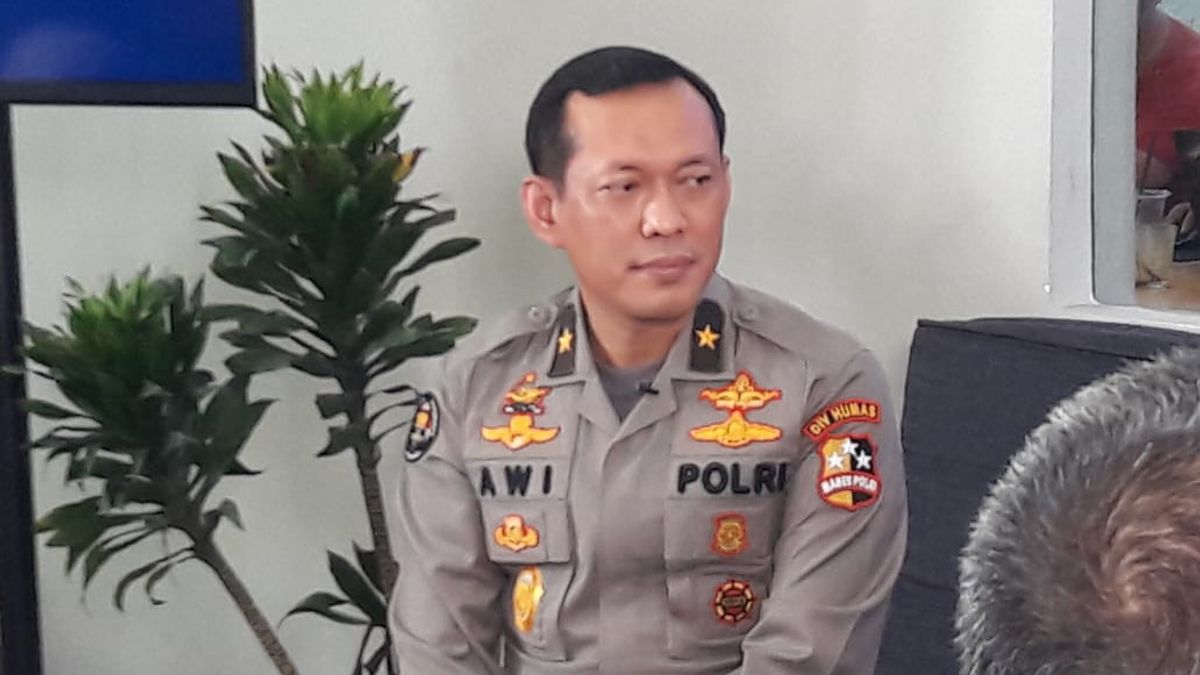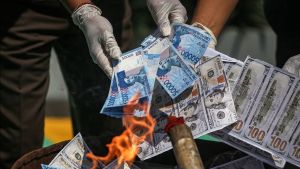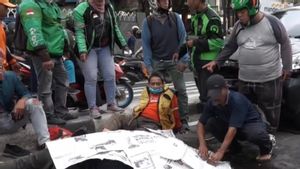JAKARTA - Investigations on the alleged persecution of Sarpan by seven unscrupulous members of the Percut Sei Tuan Police are still ongoing. Even though the ethical punishment has been carried out, it does not rule out the possibility that they will be charged with criminal law.
Karo Penmas of the National Police's Public Relations Division, Brigadier General Awi Setiyono, said that the application of criminal law is when strong evidence is found. However, if no evidence is found, then the punishment will not be applied.
"It is possible for convictions and a code of ethics," Awi said in a VOI discussion, Thursday, July 16.
So far, ethical penalties have been given, namely removing the Percut Sei Tuan Police Chief. Meanwhile, the other six people are still waiting for an undetermined fate.
The commissioner of the National Police Commission (Kompolnas), Poengky Indarti, added that criminal law is a guideline for Polri institutions in carrying out their duties.
That way, continued Poengky, in the Sarpan case, the North Sumatra Regional Police could apply criminal law for its members to commit persecution.
"The Police already have legal regulations and prohibit acts of violence. So, the perpetrators are not only punished ethically but also criminally. Therefore I think this rule can be used by the North Sumatra Regional Police," said Poengky.
As for this case, this case originated from the alleged torture of Sarpan when he was made a witness in the murder case of Dodi Sumanto. During the interrogation, it was suspected that Sarpan was mistreated by unscrupulous members of the Percut Sei Police. In this case, the Percut Police Chief, Sei Tuan, Commissioner Otniel Siahaan, has been given ethical sanctions.
The English, Chinese, Japanese, Arabic, and French versions are automatically generated by the AI. So there may still be inaccuracies in translating, please always see Indonesian as our main language. (system supported by DigitalSiber.id)













